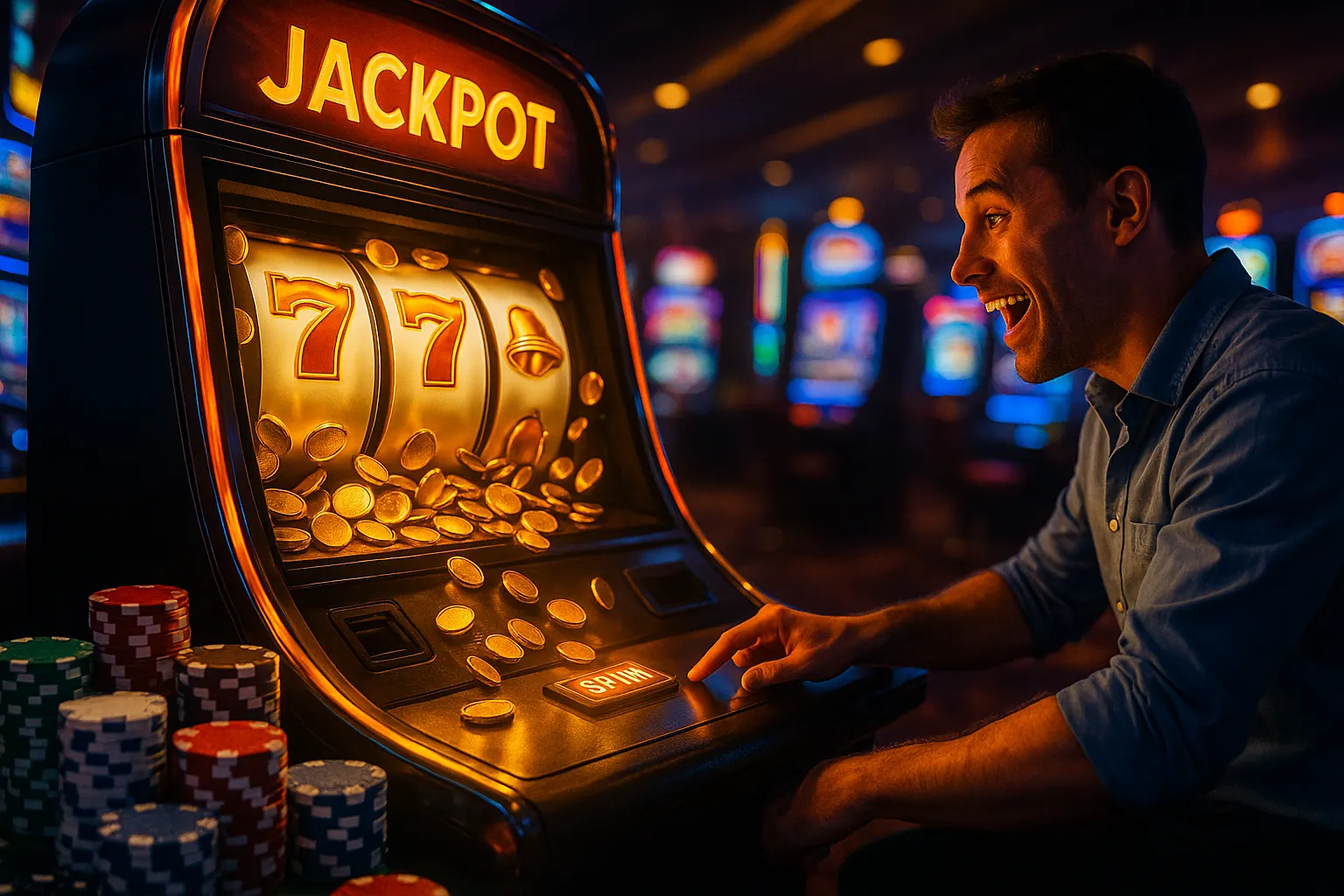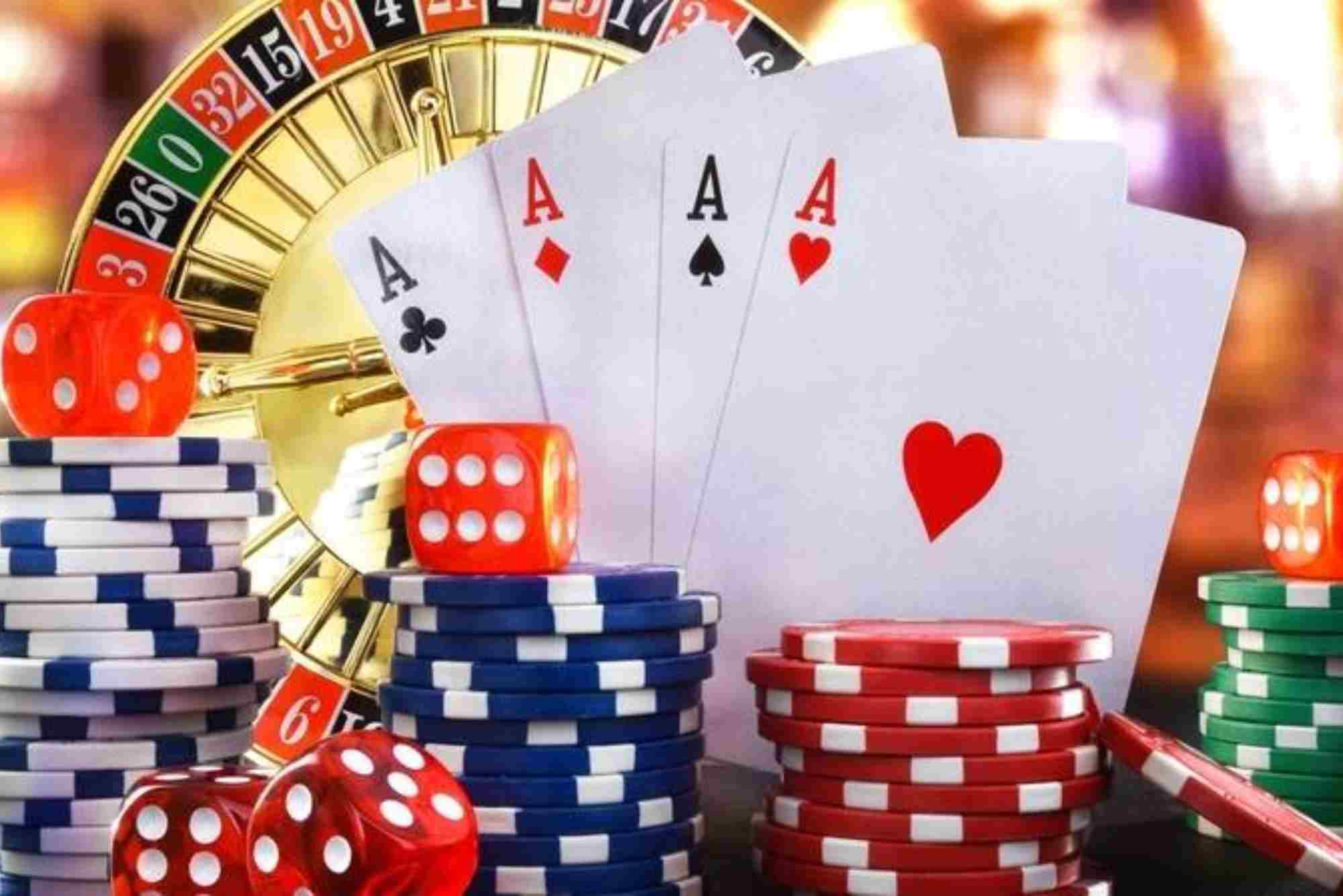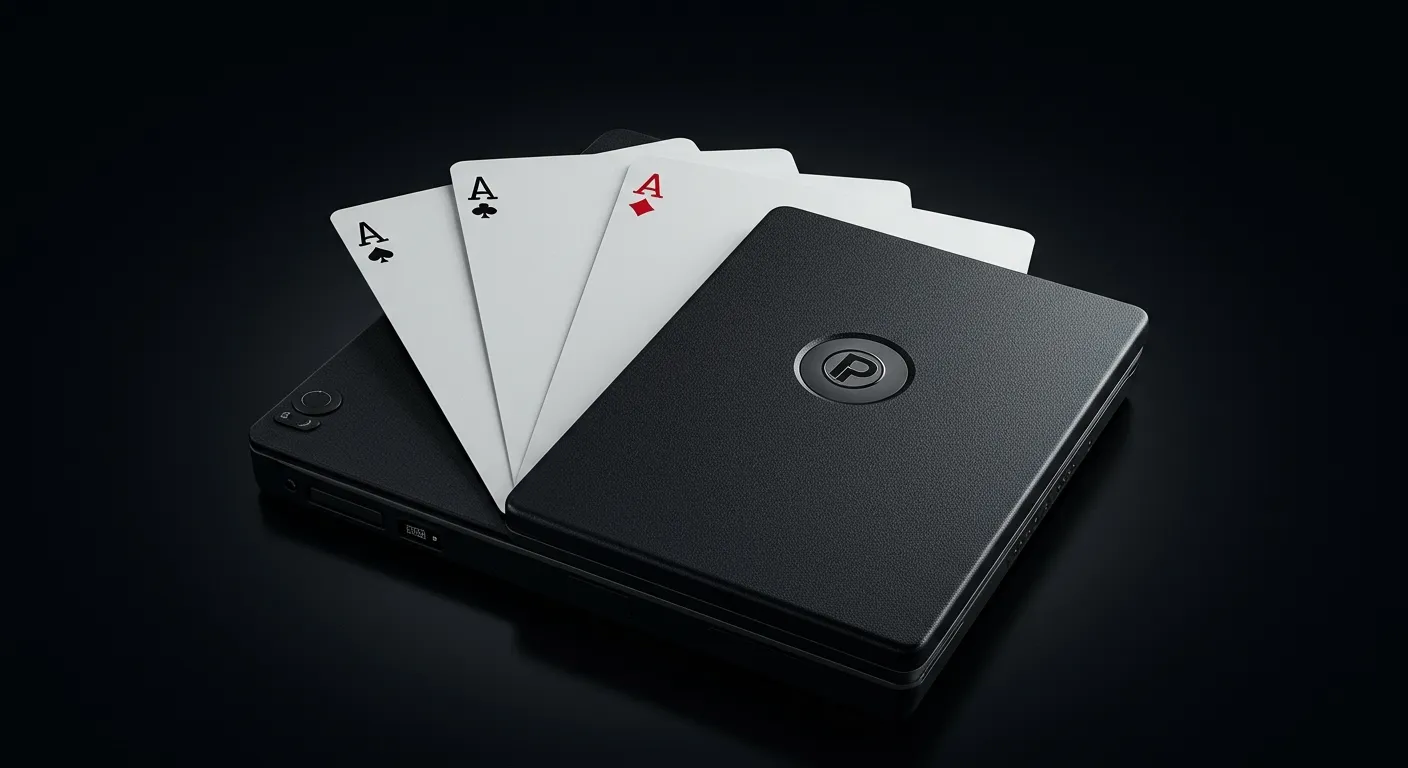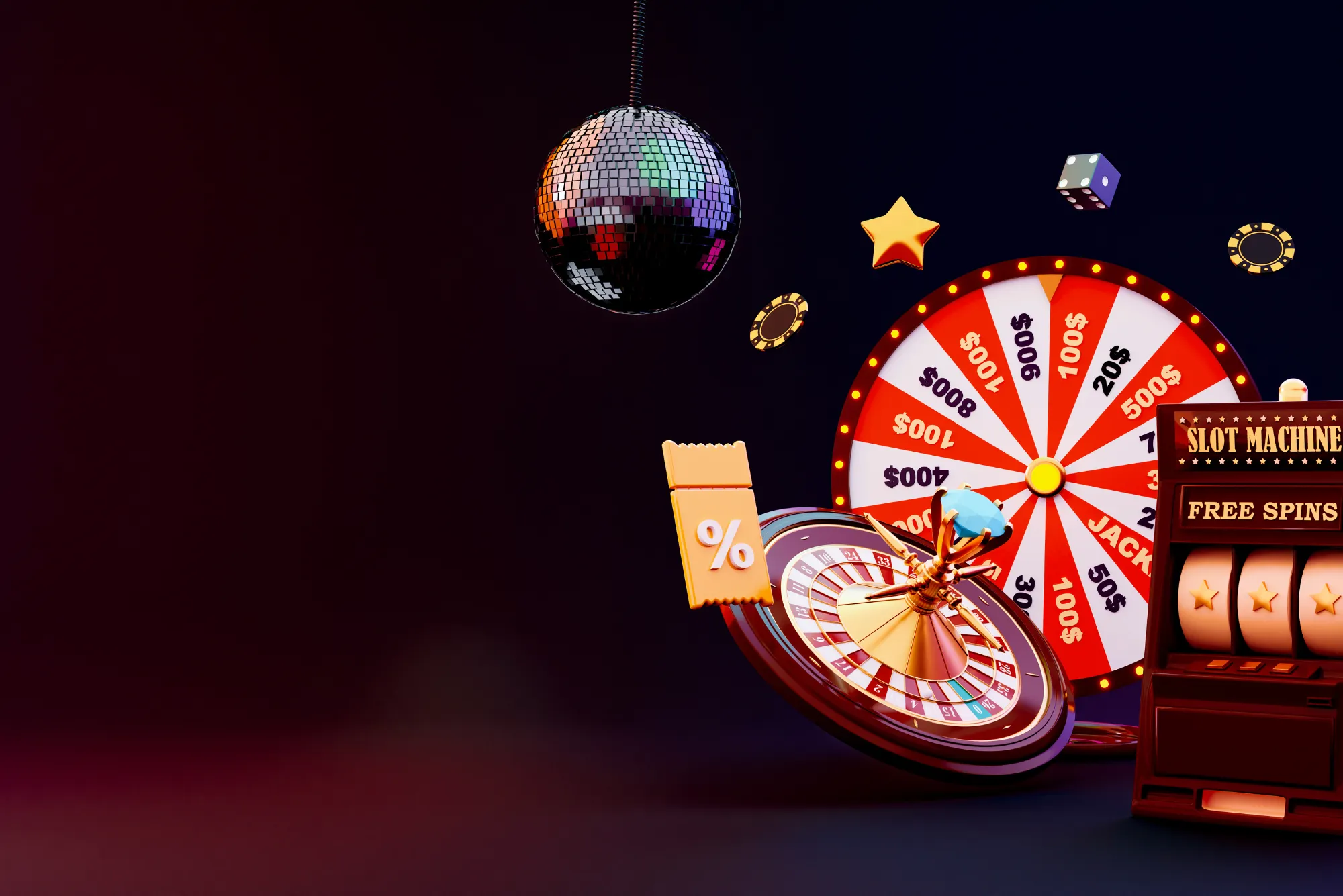Slot machines are designed for one purpose: to entertain while delivering random outcomes. Yet players often swear they can sense when a machine is “hot,” coaxing bigger wins after a cold spell. But is there any scientific basis for predicting these so-called hot streaks, or are we simply writing patterns into chaos? In this article, we’ll dive deep into the mechanics of slot machines, explore the psychology of streak perception, and share real-world insights drawn from personal play and data analysis.
Understanding the Myth of Hot Streaks
Many seasoned gamblers will tell you that slot machines go through phases of “cold” spins followed by periods of “hot” payouts. It’s a narrative as old as the machines themselves. The human brain is wired to look for patterns, and repeating near-misses or clustered wins only reinforce the illusion. Casinos propagate this myth subtly, with bright lights and celebratory sounds feeding the sense that you’re onto something—if only you keep playing.
What Counts as a Hot Streak?
Unlike table games where variance can be roughly estimated, slots run on random number generators (RNGs) that ensure each spin is independent. A hot streak might be defined as three big wins in a row, a hefty payout after dozens of spins, or multiple bonus triggers within a session. But because each spin resets the RNG, there is no memory: yesterday’s flood of coins doesn’t make today’s spin any more likely to pay out.
The Psychology Behind Streak Perception
Humans are pattern seekers by nature. When we encounter randomness, we impose order—seeing “streaks” in coin flips, dice rolls, or colored balls. In a live casino or on a site like new casinos uk, this tendency intensifies. You lean closer to the machine, you feel you’ve cracked the code. A double win feels like validation; a third win cements the belief in your psychic connection. Yet studies of gambler behavior consistently show that this is driven by a cognitive bias—specifically the “hot-hand fallacy.” Our minds create narratives to explain luck, but luck itself remains stubbornly random.
How RNGs Ensure Pure Randomness
At the heart of every modern slot is an RNG—a complex algorithm generating thousands of numbers per second. When you press “spin,” the machine locks on the current number and maps it to reel positions. Even if you could precisely time button presses, the tiniest delay between the number selection and display makes prediction impossible. Slot manufacturers rigorously test RNGs for uniformity and unpredictability, often with third-party auditing to meet regulatory standards.
Can Data Analysis Help?
Some players track every spin’s outcome, logging timestamps, symbols, and payouts. They then feed this data into spreadsheets or specialized software, hunting for streak patterns. In practice, however, such efforts rarely bear fruit. While you might observe clusters of wins in your own sessions, they vanish when examined over millions of spins. Variance guarantees occasional back-to-back jackpots, but statistical analysis confirms that these are chance artifacts, not predictive signals.
Real-World Example: My Casino Session
I remember one Saturday night in Brighton. The casino floor was humming, and I settled at a classic fruit-machine reel with a £1 stake. Over 50 spins, I lost almost £30, then suddenly hit three minor jackpots in quick succession—£25, £18, and £22. My heart raced, and I doubled down, convinced the machine was hot. Within ten more spins, I was back down to a net loss. It was a vivid lesson: the mini-streak felt meaningful, but the house edge remained firmly intact.
Variance, Volatility, and Payout Structures
Slots differ in volatility. High-volatility games deliver infrequent but massive wins; low-volatility games offer frequent small payouts. A hot streak on a high-volatility slot can look spectacular but usually follows long cold runs. Conversely, a low-volatility slot may seem “warmer” due to regular minor payouts. Understanding a game’s paytable and variance is crucial if you want to set realistic expectations rather than chase phantom patterns.
Can Bonus Features Skew Perceptions?
Many slots include bonus rounds—free spins, pick-and-win games, progressive jackpots—that disrupt pure spin sequences. Triggering a bonus twice in a session can feel like a hot streak, but each trigger remains governed by RNGs and fixed probabilities. Casinos often highlight bonus wins on their signage, amplifying the sense of streakiness and encouraging players to stay longer in search of the next bonus.
The Limits of Prediction Tools
Online, you’ll find so-called “prediction tools” promising to alert you to hot machines. These range from timers that claim to reset RNG cycles, to tracking apps that log payout histories. None work. RNGs are not time-based, and casinos do not bias payouts based on machine uptime. Any successful streak you capture with these tools is mere coincidence, akin to flipping through a phone book and finding a random phone number you know.
Responsible Gaming: Managing Expectations
Believing in hot streaks can lead to problematic play—chasing losses, doubling bets, or extending sessions beyond budget. By recognizing the random nature of slots, you can set sensible limits and treat any streak as a fleeting fluke. If you’re exploring fresh platforms, stick to reputable sites—especially licensed operators rather than fly-by-night outfits—and keep an eye on volatility ratings and return-to-player (RTP) percentages.
Looking Ahead: Future of Slot Analytics
While true prediction remains impossible, technology is evolving how we engage with slots. Some developers are experimenting with transparent RTP ranges, showing you volatility metrics on-screen. Augmented-reality overlays might one day display your personal session history in real-time, but they won’t breach the randomness behind each spin. For now, the closest science gives us is probability and variance theory—tools for understanding, not predicting.
Final Thoughts
If you’ve ever felt that a machine has a pulse, you’re experiencing one of our most persistent cognitive illusions. Hot streaks can happen, but only as random clusters in a vast sea of spins. The science of RNGs and probability assures us that every spin is new, every outcome independent. So next time you sense a streak, take it as part of the game’s thrill—not a secret signal. After all, embracing randomness is part of what makes slots so compelling.








